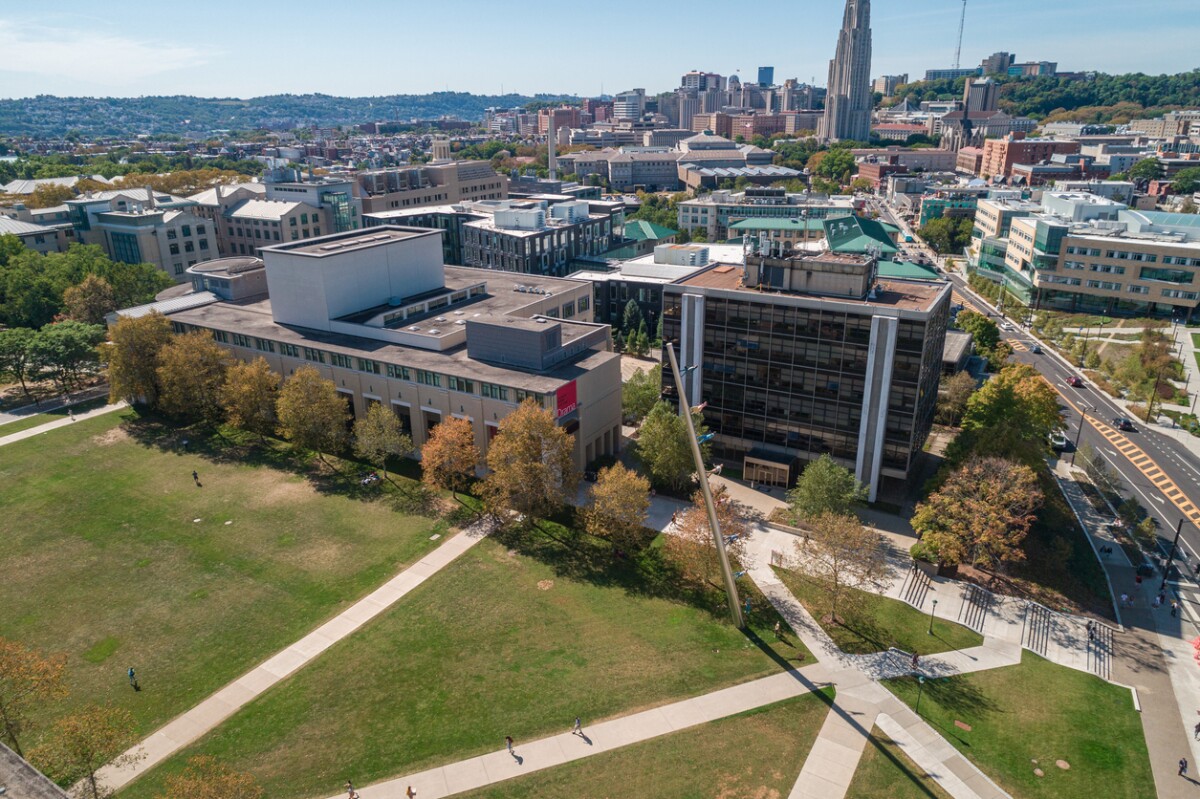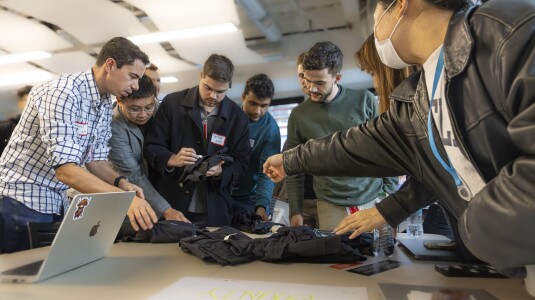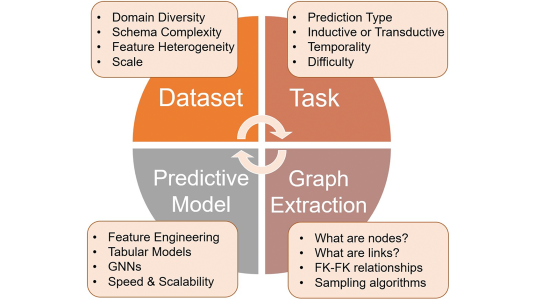
Amazon is committed to supporting promising researchers across academia. In recent years the company has collaborated with several major universities to help amplify the work being done by master’s degree and PhD students. To that end, Amazon is supporting a Graduate Research Fellows Program in collaboration with Carnegie Mellon University (CMU).
This program currently supports five graduate students engaged in scientific research in automated reasoning, computer vision, robotics, language technology, machine learning, operations research, and data science.
Fellows will also be invited to interview for a science internship at Amazon.
The five fellows are:
- Nil-Jana Akpinar, Statistics and Data Science: Akpinar’s work focuses on bias auditing in algorithmic systems and shows how differential victim crime reporting rates can lead to biased outcomes of predictive policing algorithms.
- Natalia Lombardi de Oliveria, Statistics and Data Science: de Oliveria’s work is focused on estimating generalization. Also called optimism in classical statistics, it is the difference between the test and training performance of a predictive algorithm.
- Divyansh Kaushik, Language Technologies Institute: “My research focuses on developing natural language processing (NLP) systems that can perform reliably in real-world deployment settings,” Kaushik said. “I am interested in developing frameworks for training NLP systems that make a difference in real-world settings by injecting causal thinking for richer human interaction.”
- Emre Yolcu, Computer Science Department: Yolcu has made contributions to the complexity of proof systems that reason about symmetries, with publications appearing in SAT and NeurIPS.
- Minji Yoon, Computer Science Department. “The goal of my project is to automate and democratize graph mining,” Yoon said. “We automate graph mining by identifying the essential building blocks of a graph mining pipeline and applying automation to each block. We democratize it by gluing automated blocks and providing a plug-and-play end-to-end tool to users.”
“Each fellow was selected based on their academic excellence and potential to achieve big things in their chosen fields,” noted Alexa Smola, Amazon Web Services vice president and distinguished scientist. “We reviewed their research proposals to make sure they’re doing really great work. They are the real stars here. We’re supplying some funding, but they are performing the actual research.”
Each fellow was selected based on their academic excellence and potential to achieve big things in their chosen fields. They are the real stars here.
The five Amazon fellows will also have some academics who are leaders in their respective fields as advisors. Those advisors will work closely with the fellows on their research.
One such advisor is Zack Lipton, an assistant professor of operations research and machine learning at CMU, an AWS scientist and co-author of a book written with other Amazonians called “Dive Into Deep Learning.”
"Zack represents a growing cadre of scientists who work within multiple disciplines," said Martial Hebert, dean of the School of Computer Science at CMU. "His joint appointment in the Tepper Business School and the Machine Learning Department in the School of Computer Science represents our commitment to continually strive to innovate beyond prevailing paradigms and recognize excellence beyond traditional boundaries."
Nurturing the seeds of innovation is a key reason why Amazon has grown partnerships with Carnegie Mellon, Caltech, and other universities with strong science and engineering programs.
“We want to be good citizens,” Smola said. “And we also see this as a mechanism for us to help enhance the work that the academics are doing.”
Smola emphasizes that the Amazon fellows are free to pursue their academic goals without any obligation to Amazon. “Of course,” says Smola, “if they apply for an internship here, or something else, we’d be delighted.”





